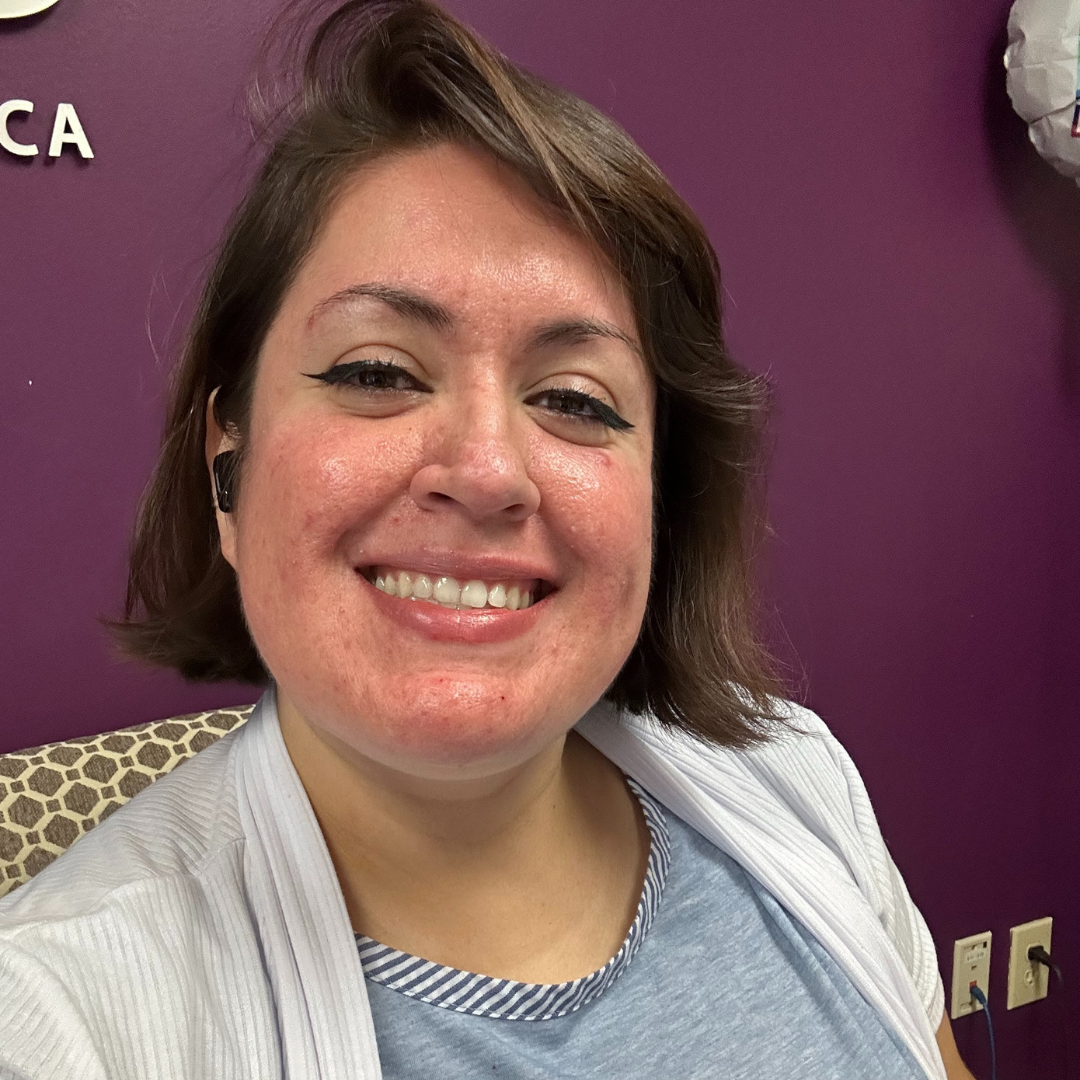Providing Answers, Support and Hope in Georgia
Thirty-One Faces of Hope: Jess Ruiz
The lupus community includes people living with lupus, friends, family, and supporters across Georgia. For Lupus Awareness Month, we would like to highlight some of our lupus heroes and champions.
Meet Jess Ruiz

Lupus is not a term I became familiar with until I began working for the Lupus Foundation. In my life, I have only known one person diagnosed with this disease: my godmother Olga. When my mother and I would go for a visit, my godmother always welcomed us with warm smiles, hugs, laughs, and snacks. It was a cozy house filled with plants and animals, but always there hung an air of heaviness about my godmother Olga. She opened up to my mom one day and described an imposing exhaustion that would take hold, keeping her from going about life as usual. It was a few years later that, after a series of doctor visits, she was finally diagnosed with lupus.
What is that? What does it do? How did you get it? These questions went through my mind, but as a child, I felt it was not my place to ask.
Now as an adult, I work for the Georgia Chapter, helping to spread awareness and knowledge about lupus and the inspiring lupus community. It is a satisfying job where I use my creativity to create promotional and educational materials that might make a difference in someone's life or reach someone that could lend a helping hand. It’s been a great experience to meet and get to know so many people brought together by a shared goal: spread knowledge and work towards a cure. It feels good to be a part of something bigger than myself, and I will do my part to the best of my abilities.
Thank You to Our Generous Sponsor

Choosing to prioritize your kidney health might be uncomfortable, but the reality is that up to 30% of people who live with lupus nephritis may experience kidney failure, which can lead to dialysis or even a kidney transplant. Luckily, there are steps you can take now that may help, such as scheduling routine tests and asking your doctor about treatment options. Talk to your doctor to learn more about routine testing and treatment.
Learn more about their GET UNCOMFORTABLE campaign.



